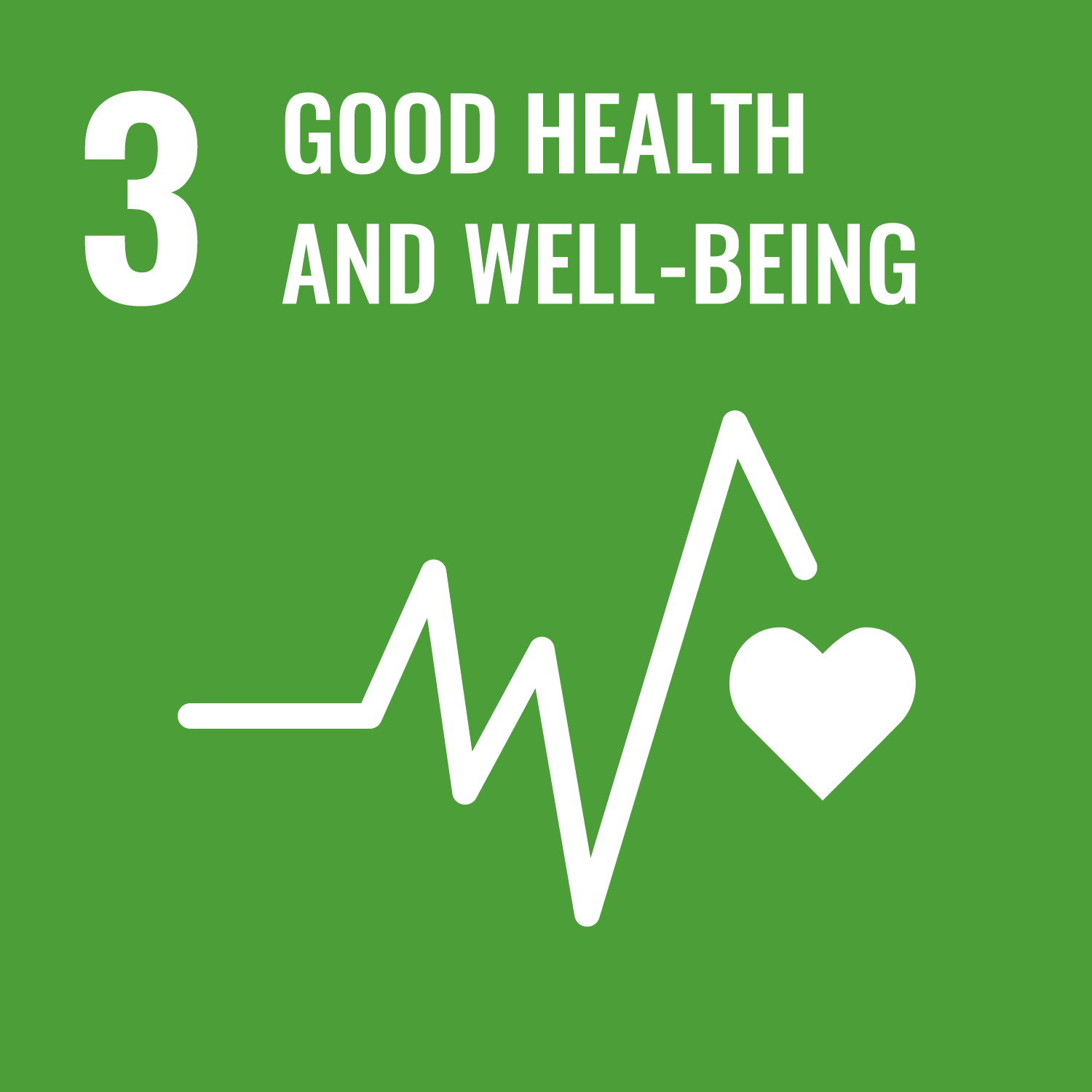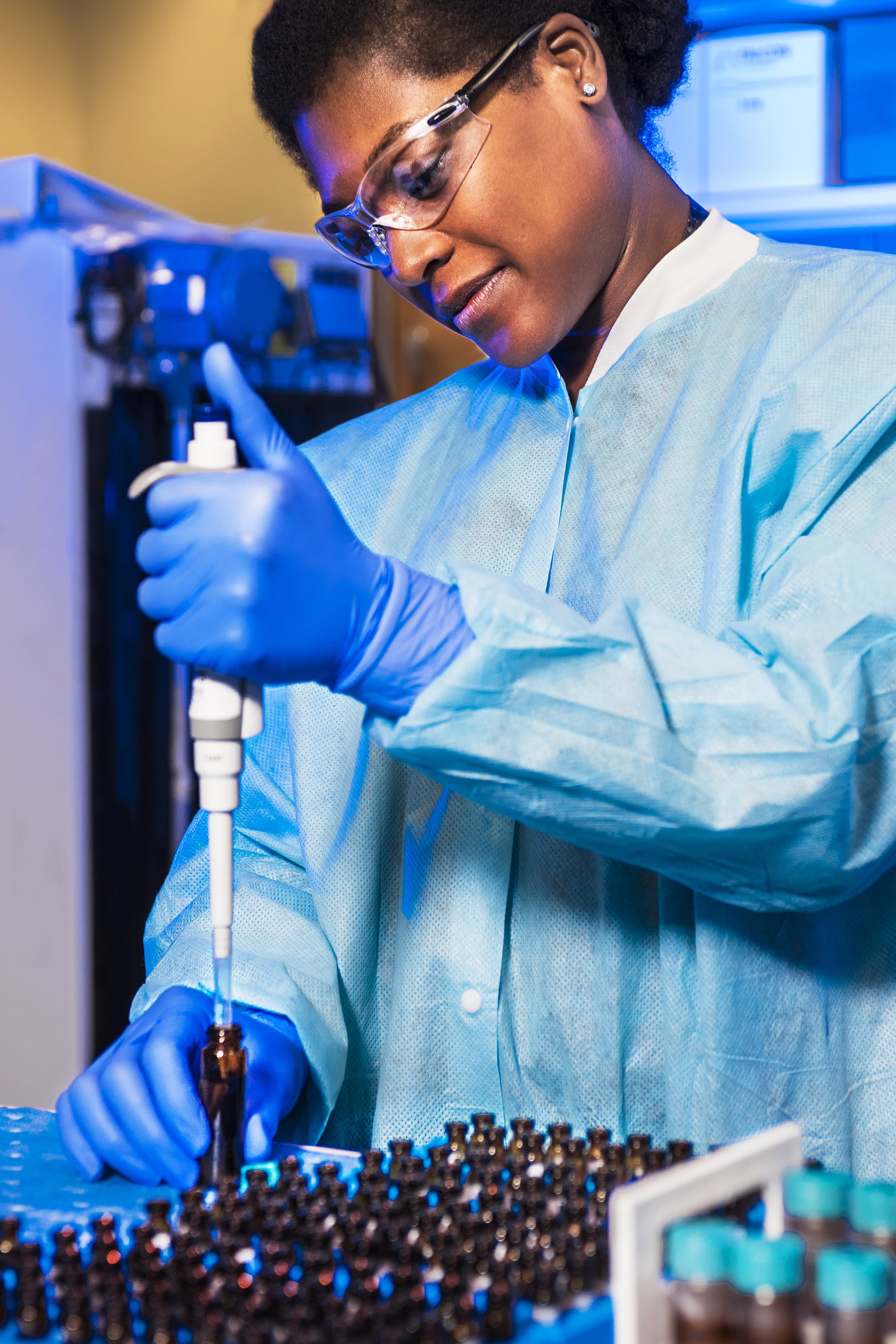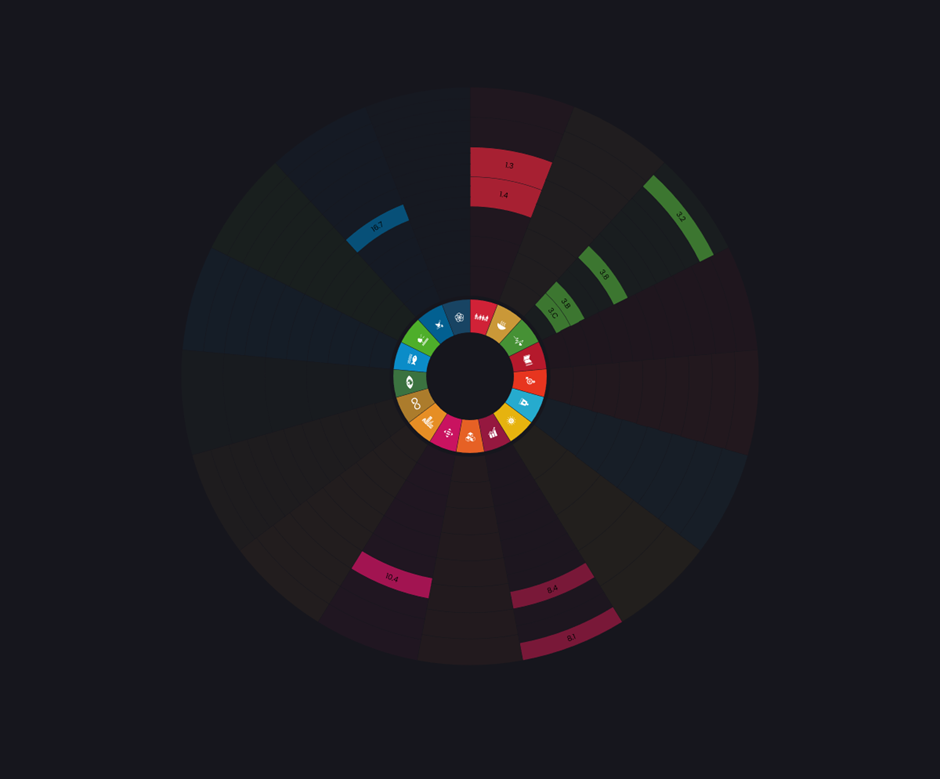Dr Ronan Mahon
Lecturer in Economics
J.E. Cairnes School of Business and Economics, University of Galway

A Health Economist with 14 years of experience between academia and industry, Ronan teaches at both undergraduate and postgraduate levels. His teaching and research focus on Health Economic Evaluation and Health Technology Assessment.
Ronan has held various industry roles over the last ten years, most recently as Head of Value and Access in Novartis. Ronan has developed numerous cost-effectiveness models at both early and launch stages. His research interests include equity considerations in economic evaluation, threshold estimations and innovative pricing models.
Ronan's work contributes to these SDGs
Key Target: 3.B Support research, development and universal access to affordable vaccines and medicines

Teaching

Healthcare Systems and Policy Analysis When teaching this module, much of my focus is on health inequalities/inequities and methods to mitigate them. These efforts speak to SDG targets around "adopting social policies that promote equality" and "ensuring responsive, inclusive and representative decision-making".
Focusing on Targets: 3.B Support research, development and universal access to affordable vaccines and medicines, 3.8 Achieve universal health coverage
Health Technology Assessment and Market Access This will be a new module for the 2024/2025 academic year. In it, I will focus on the Health Technology Assessment (HTA) frameworks across the globe and the various considerations health technology manufacturers need to make in order to achieve market access. These ideas speak to the SDG targets relating to "supporting research development and access to affordable medicines" and "equal rights to economic resources".
Focusing on Targets: 8.4 Improve resource efficiency in consumption and production; 16.7 Ensure responsive, inclusive and representative decision-making
Engagement
Ronan is a member of the National Screening Advisory Council where his expertise in Health Economics is used to help inform coverage decisions regarding new or existing screening programmes.
Much of the research that he conducts constitutes applied economic evaluations of new health technologies, which naturally involves engagement with manufacturers, patients and healthcare providers.

Direct impact SDG Targets
1.3 - Implement social protection systems
1.4 - Equal rights to ownership, basic services, technology and economic resources
3.8 - Achieve universal health coverage
8.4 - Improve resource efficiency in consumption and production
8.1 - Sustainable economic growth
10.4 - Adopt fiscal and social policies that promotes equality
16.7 - Ensure responsive, inclusive and representative decision-making
Indirect Impact SDG Targets
3.2 - End all preventable deaths under 5 years of age
3.B - Support research, development and universal access to affordable vaccines and medicines
3.C - Increase health financing and support health workforce in developing countries

Research

Featured Publications
|
References |
SDGs |
|
Mahon, R., Vo, P., Pannagl, K. and 6 more (...) (2023). Assessment of the relative effectiveness of erenumab compared with onabotulinumtoxinA for the prevention of chronic migraine. Current Medical Research and Opinion, 39(1), 105-112. |
3.B |
|
Mahon, R., Lang, A., Vo, P. and 7 more (...) (2021). Cost-Effectiveness of Erenumab for the Preventive Treatment of Migraine in Patients with Prior Treatment Failures in Sweden. PharmacoEconomics, 39(3), 357-372. |
3.B |
|
Lakhotia, B., Mahon, R., Gutzwiller, F.S. and 3 more (...) (2020). Modelling the cost-effectiveness of indacaterol/glycopyrronium versus salmeterol/fluticasone using a novel markov exacerbation-based approach. International Journal of COPD, 15787-15797. |
1; 3 |
|
Bojke, L., Manca, A., Asaria, M. and 3 more (...) (2017). How to Appropriately Extrapolate Costs and Utilities in Cost-Effectiveness Analysis. PharmacoEconomics, 35(8), 767-776. |
3.3, 3.4, 3.8 |



